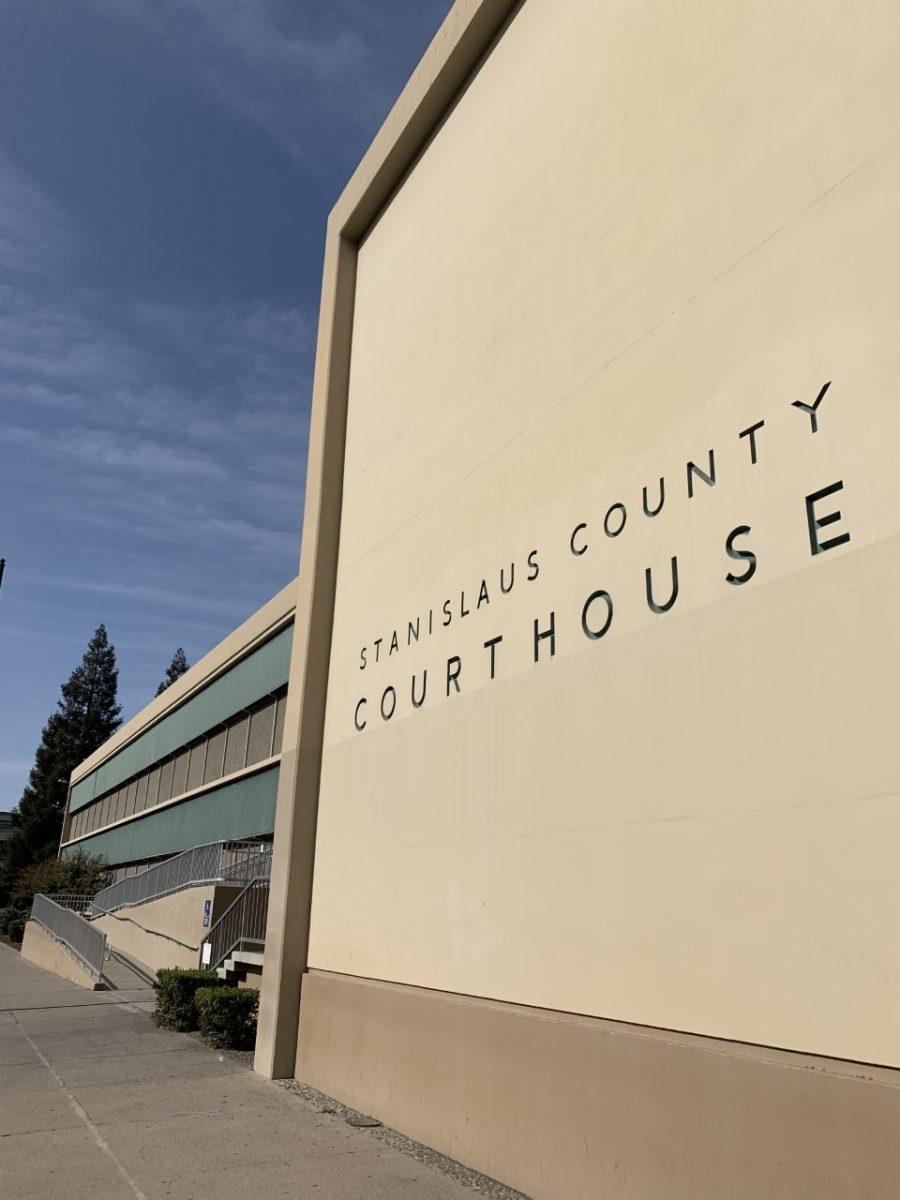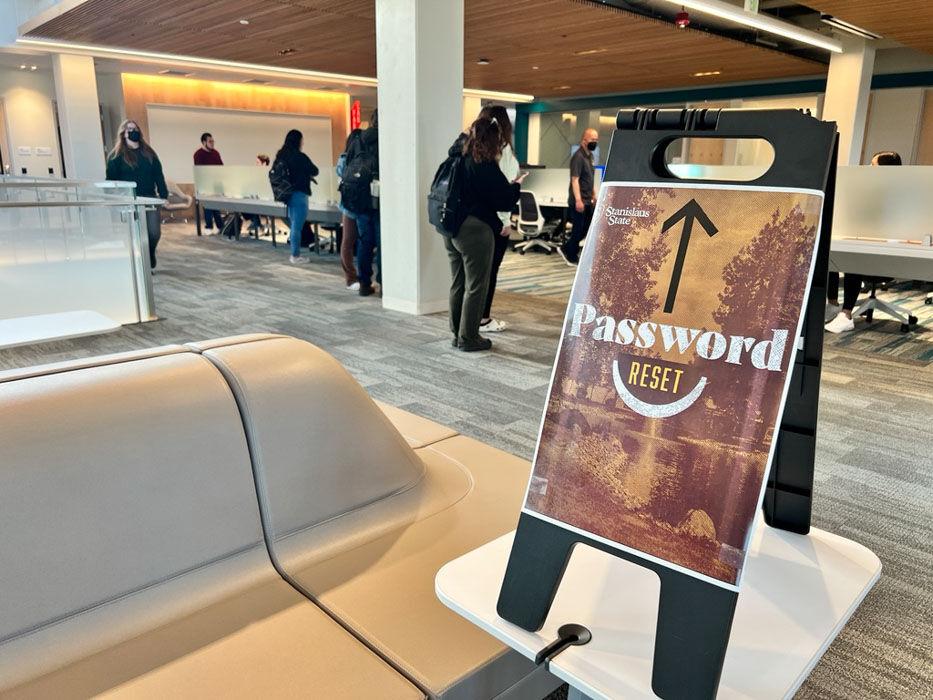On September 17, the United States commemorated the 233rd anniversary of one its foundational texts – the United States Constitution. Amidst a forthcoming Supreme Court battle and a prevailing ignorance over the contents of the Constitution, the necessity of developing an understanding of the U.S. Constitution intensifies.
On this ancient piece of untanned animal skin, George Washington, Alexander Hamilton, Benjamin Franklin, James Madison and 35 other state delegates signed their names to cement individual liberties for the inhabitants of the United States, as well as establish protections against encroaching federal governmental abuses. Yet this foundational text is marked by pernicious historical roots – more than 500,000 African-Americans continuing to be enslaved long after its implementation, voting rights being possessed only by a white, male, land-owning portion of the population, and a failed prohibition on alcohol are only a few examples. As CSU Stanislaus political science faculty member professor Dan Caivano said, “the Constitution is a flawed document, written exclusively by propertied white males that institutionalized systems of exclusion, patriarchy, discrimination, and racism.”
Such a document is far from being irreproachable, but despite its perverse historical roots, the U.S. Constitution was designed to be a living document, responsive to moral, legal, and political developments. It is this responsiveness that facilitated the adoption of constitutional amendments such as the 14th Amendment’s abolition of slavery, the 19th Amendment’s expansion of voting rights to women, and the 24th Amendment’s elimination of inherently discriminatory voting barriers, such as the poll tax. This paradoxical document is seemingly worthy of both praise for establishing important individual rights and indignation for ignominious historical roots that facilitated inequities. So then, how should we receive such a document? Praise, indignation, or indifference? As with most things, a simple answer will not do.
It’s necessary to be cognizant of some of the Constitution’s morally indefensible historical roots; however, likewise we must not forget that in addition to being responsive to the moral, political or legal developments our society makes, it also remains to be the foundation for the liberties and protections that we wish to preserve and the ones that we might wish to include – this is our safeguard against governmental abuses. Given the importance of the Constitution, it’s alarming to discover that it is threatened by both a prevailing ignorance over its contents and ongoing attempts to undermine the liberties it grants.
Americans are “Poorly Informed” About the U.S. Constitution
According to a study conducted by the University of Pennsylvania, a concerning portion of the United States population is “poorly informed about basic constitutional provisions.” Common examples of this ignorance include believing that the Constitution does not grant rights for illegal immigrants, an inability to name the structures of the federal government, and an unawareness of the details concerning widely recognizable amendments such as the 1st Amendment. How can we protect the individual liberties and governmental restrictions that we wish preserve if they are unrecognizable? As CSU Stanislaus political science professor Erin Hughes said, “our ability to fight for our values depends on knowing what the constitution says.”
A society that recognizes attempts to undermine its liberties must first be able to recognize what those liberties are. We should follow the sage advice given by Stan State student Brayan Silva (junior, Business), which is to learn and know the contents of the Constitution well since that is where you will find the laws that “were put in place to protect the common citizen.”
Impending Supreme Court Power Grab
However, knowing the exact contents of the Constitution is still not enough. Nine Supreme Court Justices are given the immense responsibility of interpreting the Constitution, and this consequential act affects the lives of 330 million people living in the United States. The orderly black robes and solemn faces of Supreme Court Justices do not absolve them from the risk of misinterpreting the Constitution, whether accidentally or with deliberate, self-serving intent. Even a judge who administers an “originalist” framework assuming the “impossible ideal” of impartiality, such as Justice Scalia, must first make a subjective decision to apply such a framework, a decision which can be traced to political biases.
Supreme Court Justices are not elected officials with set term limits, they are appointed by the presiding president, sworn in by a congressional vote, and remain in power until they are absolved of their judicial responsibilities either by a personal decision to step down, impeachment or death. Recently, on September 18, Supreme Court Justice Ruth Bader Ginsburg died after ending a long fought battle with pancreatic cancer. Her death vacated a position in the Supreme Court, one which President Donald Trump aims to fill before the American public gets an opportunity to decide who the next U.S. president will be. As professor Hughes said, “future Supreme Court cases may hinge on how the new justice interprets the constitution,” and this is precisely why we must not only be concerned with the contents of the Constitution, but also know the individuals that are given the power to preside over the interpretation of the Constitution and the individuals who granted them these positions of power.
The next Supreme Court Justice, an individual who will possess substantial power over our Constitutional liberties, will be potentially decided by a president who equated Charlottesville counter-protesters to Neo-Nazis, called for the execution of five wrongfully convicted minority teenagers, labeled protesters exercising their constitutionally guaranteed right to protest “terrorists,” labelled the American press as “[enemies] of the American people,” undermined women’s reproductive rights, and oversaw the implementation an immigration policy consisting of the psychologically-harrowing immigration policy of separating children from their families – just to name a few.
Political Activism Coincides with Constitutional Knowledge
Professor Caivano said it best, the current administration is a “force antagonistic to the rights of everyday Americans,” and it now has the ability to appoint a Supreme Court Justice who will decide on Constitutional matters that will affect each and everyone one of us. The rising tides of political antipathy have already provided us with violent protests, unjustified law enforcement abuses, and indefensible acts of violence against law enforcement.
All of these events have occurred before the appointment of a new Supreme Court Justice and the U.S. presidential election, political activism, violent or peaceful, is here to stay. Whether these events prompt reason to challenge, defend, criticize, or praise the values reflected in the Constitution, we must first know what the Constitution is.
Categories:
The Importance of Understanding the US Constitution and Supreme Court in 2020
Alex Hernandez
•
September 22, 2020
0
Donate to Signal
Your donation will support the student journalists of California State University, Stanislaus. Your contribution will allow us to purchase equipment and cover our annual website hosting costs.
More to Discover







